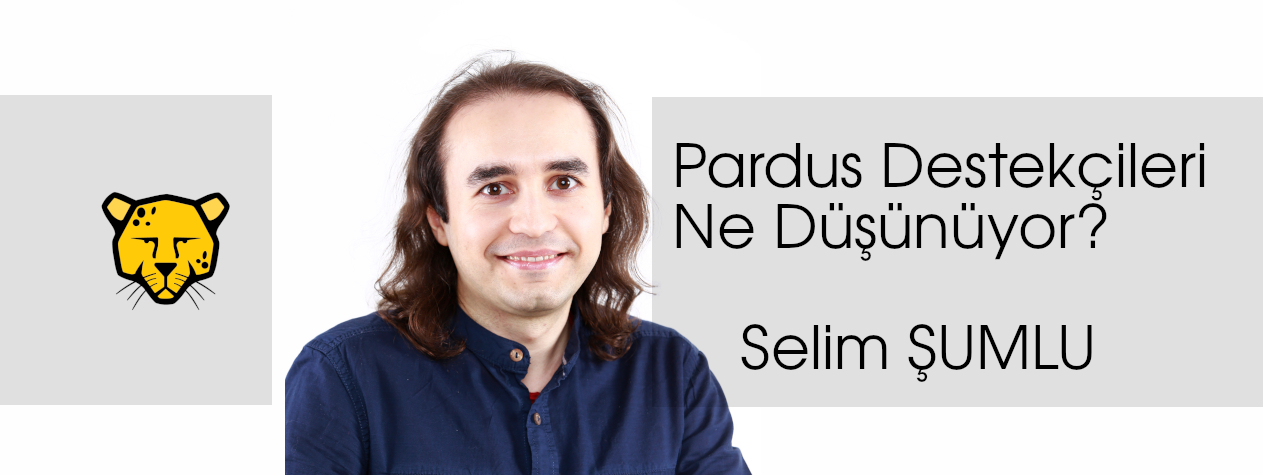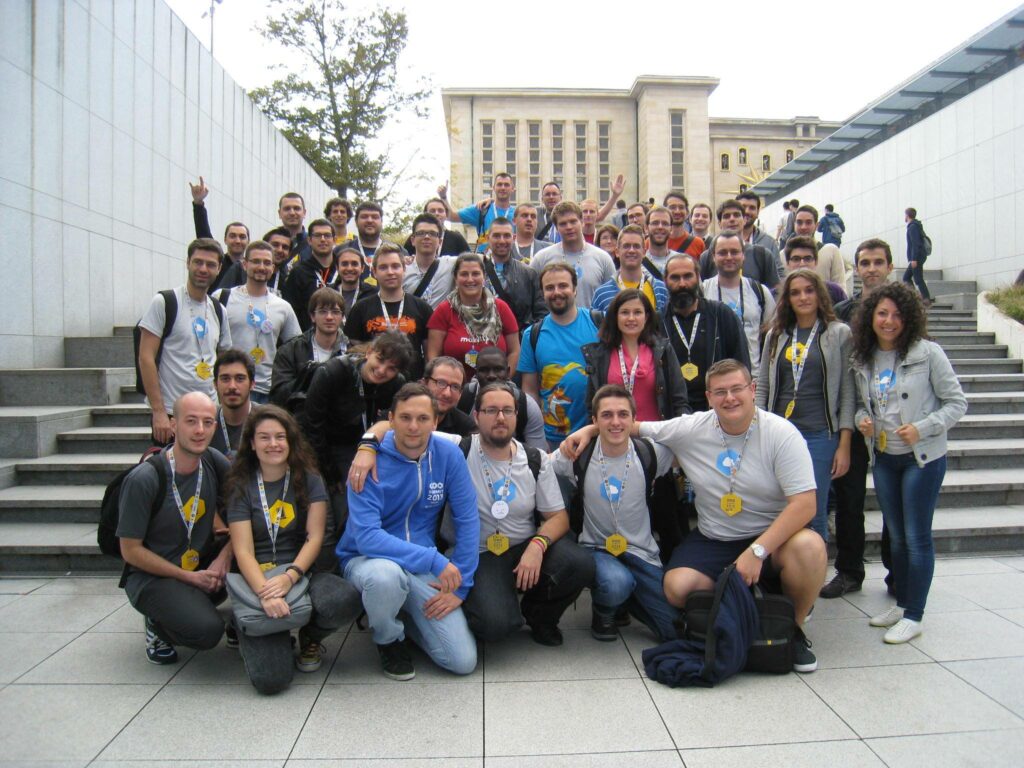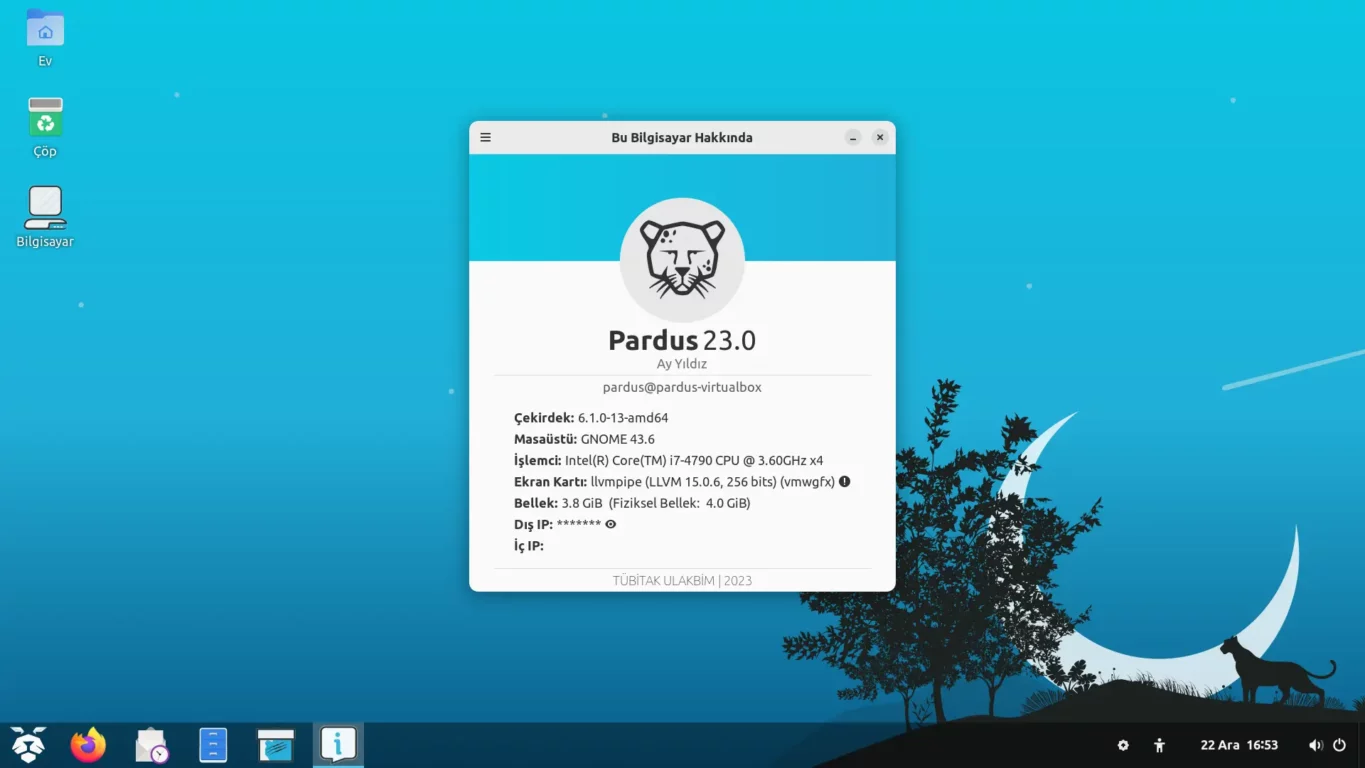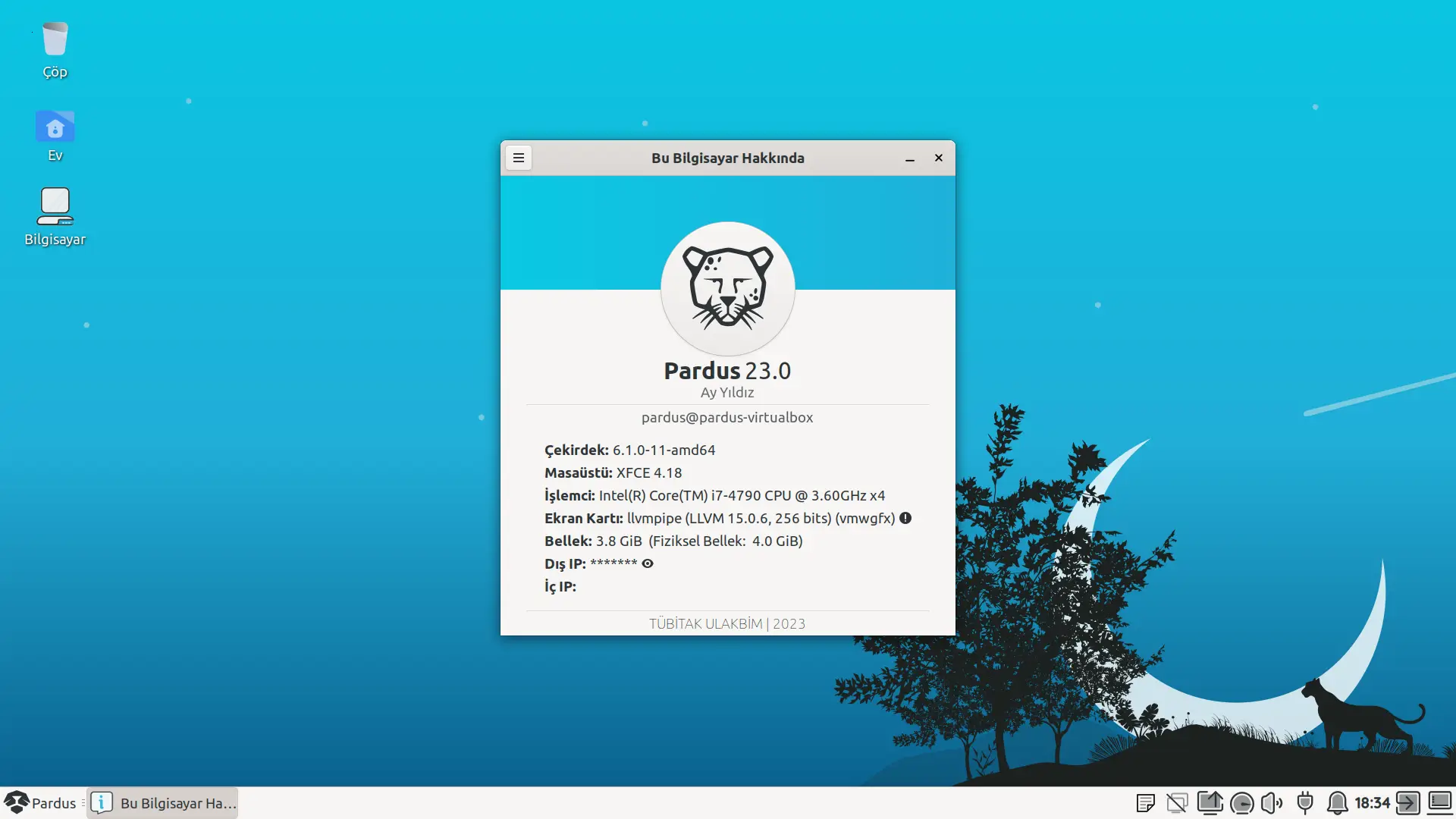
Açık kaynak dünyasında söz sahibi kişilerin deneyim ve görüşlerini bizlerle paylaştığı söyleşilerimizi bu bölümde sizlerle buluşturuyoruz. Söyleşilerimizin bu bölümünde Mozilla Türkçe yerelleştirme ekibinin lideri ve teknoloji basınının duayenlerinden Selim Şumlu dostumuzu ağırladık:
Kendinizi kısaca tanıtır mısınız?
Adım Selim Şumlu. Mozilla Türkçe yerelleştirme ekibi lideriyim. Uzun bir süre teknoloji basınında çalıştım. PCnet dergisinin yazı işleri müdürlüğünü yaptım; LINUXnet, Computer Active, nexxt ve How It Works dergilerini yayına hazırladım. Birçok yazılımın ve web sitesinin çevirisine katkıda bulundum. Şu sıralar freelance olarak içerik üretiyor, çeviri yapıyor ve bazı web sitelerini yönetiyorum.
Linux ve özgür yazılımlar ile nasıl tanıştınız? Neden Linux?
Teknoloji basınının içine girmeden önce de bilgisayar dergilerine meraklıydım. 15-20 yıl önceki dergilerde birkaç sayfalık Linux köşeleri ve özgür yazılımlarla ilgili makaleler olurdu. Linux’a ve özgür yazılımlara dergilerden aşinaydım ama gerçek anlamda ilk tanışmam Görkem Çetin’in Linux kitabıyla oldu. Bilgisayarıma kurduğum ilk dağıtımsa Gelecek Linux’tu.
Özgür yazılımlara ne tür bir katkı veriyorsunuz? Katkı vermeye nasıl ve ne zaman başladınız?
Katkılarımın aşağı yukarı %90’ı yerelleştirme ve çeviri alanında.
Vefa Lisesi’nde okurken, 2001 yılında okulun web sitesinde PHP-Nuke içerik yönetim sistemini kullanmış ve bu yazılımı Türkçeye kazandırmıştım. Özgür yazılımlara verdiğim ilk katkı bu oldu ve PHP-Nuke’un zamanla çok popüler hale gelmesi benim teknoloji basınına geçişimin de vesilesi oldu. 2002’de PCnet’in yeni yayın yönetmeni Ersin Abi, PCnet’in web sitesini özgür yazılımlarla kurmak istiyordu. PHP-Nuke dil dosyasında bulunan e-posta adresimden bana ulaşmıştı. Böylece henüz lise öğrencisiyken PCnet’in web sitesini kurdum ve zamanla gerisi geldi.
Yaklaşık 10 yıldır da Mozilla gönüllüsüyüm. Dergi için Firefox’u incelerken çevirilerinde birkaç eksik olduğunu görmüş ve çevirilerin yapıldığı platformu bulup öneriler göndermeye başlamıştım. Çeviriye ilk giriştiğimde amacım sadece eksikleri gidermekti ama fikirlerim Mozilla misyonuyla örtüştüğü için projenin giderek daha fazla içine girdim ve bir “Mozillian” olup çıktım. Bugünlerde Firefox başta olmak üzere tüm Mozilla ürünlerinin ve web sitelerinin Türkçe yerelleştirmesinden sorumluyum. Hem çeviri yapıyorum hem de gelen çeviri önerilerini inceliyorum. Ayrıca destek forumuna da katkıda bulunuyorum. Zaman zaman da yazılımlarımızla ilgili hata bildirimlerinde bulunuyorum.
Zaman içinde irili ufaklı başka projelere de çeviri ve yerelleştirme katkısında bulundum.
Yakın zamanda ise Bitwarden parola yöneticisinin Türkçe çevirilerini devraldım. Şu sıralar boş vakitlerimde bitwarden.com’un Türkçe sürümünü tamamlamaya çalışıyorum.
Katkılarınız karşılığında ne alıyorsunuz?
Keyif alıyorum! Klavyemden çıkan kelimelerin yüzbinlerce insana ulaşması, bir yazılımı veya siteyi benim yazdığım metinlere bakarak kullanmaları epey tatmin edici bir şey.
Tahmin edileceği üzere gönüllü katkıların tişört, çıkartma gibi sembolik hediyeler dışında maddi bir karşılığı olmuyor; zaten böyle bir beklentim de yok. Ancak zaman zaman Mozilla’nın uluslararası toplantılarına davet ediliyorum ve toplulukla kaynaşırken kısa süreliğine de olsa başka ülkeleri görme fırsatım oluyor.
Bir de San Francisco’daki Mozilla binasının önüne dikilen Mozilla Anıtı’nda 4.000 Mozilla gönüllüsü ile birlikte adım geçiyor ki, bu insana tuhaf bir gurur veriyor.
Profesyonel ya da günlük hayatınızda hangi özgür yazılım uygulama ve bileşenlerini sık kullanıyorsunuz?
Haliyle en çok kullandığım özgür yazılım Mozilla Firefox. Web tarayıcıları zaten en sık kullandığımız yazılımların başında geliyor. Benimki de bütün gün açık duruyor.
Bunun dışında, geçen yıl LastPass’i terk ederek geçiş yaptığım Bitwarden’ı tüm cihazlarımda kullanıyorum.
Videolarla çok içli dışlıyım ve VLC Media Player’ı hayat kurtarıcı olarak görüyorum. Video dönüştürme işlerinde sık kullandığım araçlardan biri de HandBrake.
İşim gereği WordPress ve FileZilla FTP istemcisi de hemen her gün dokunduğum araçlar.
Bugüne kadar bu topluluklar ve yaptıkları işlerden nasıl yararlandınız?
Topluluklar açık kaynak projelerinin olmazsa olmazı. Topluluktan soyutlanmış bir şekilde, tek başına bir yazılıma katkı vermeye çalışmak pek keyifli olmuyor. Hem gerektiğinde soru sorabileceğiniz hem de sohbet edebileceğiniz birileri olmalı. Bu bakımdan topluluk buluşmalarını da çok faydalı buluyorum. Buluşmalar tüm katılımcıların kendini topluluğa ait hissetmesini sağlıyor. Özellikle proje yöneticileriyle yüz yüze tanışmak, ileride onlarla iletişim kurmayı kolaylaştırıyor.
Açık kaynak toplulukları, özellikle de Mozilla topluluğu bana profesyonel anlamda da getiri sağladı. Hem topluluktaki bağlantılarım aracılığıyla yurtdışından çeşitli işler aldım hem de gönüllü katkılarımı özgeçmişime ekleme şansım oldu. Benzer şekilde, topluluktan tanıdığım bazı arkadaşlarımın da iş bağlantıları kurmasına yardımcı oldum.

Pardus topluluğu katkıcı adaylarına tavsiyeleriniz neler?
Pardus topluluğunun yeniden harekete geçtiğini görmek güzel. Pardus topluluğu, hem özgür yazılımlara yeni katkıda bulunmaya başlayacaklar için hem de özgür yazılımlara aşina olanlar için kendilerine uygun “görevler” bulabileceği iyi bir başlangıç noktası. Üstelik sadece kod yazma alanında değil; belgelendirme, çeviri, tasarım ve test alanlarında da katkıya ihtiyacı var. Yani hem Pardus’a hem de diğer özgür yazılımlara katkıda bulunmak, toplulukların bir parçası olmak için programlama bilmek şart değil. Kendimizi nispeten yetenekli bulduğumuz bir alan seçip işin ucundan tutmak yeterli. Genellikle gerisi kendiliğinden geliyor.
Tek başımıza katkıda bulunmaya çalışmak yerine olabildiğince diğer topluluk üyeleriyle tanışmak ve fikir alışverişinde bulunmak da bence önemli. Özellikle genç arkadaşlar, Pardus’a ve diğer projelere yaptıkları katkıları ileride referans olarak gösterebileceğini de unutmamalı.
İlginizi Çekebilir
Pardus Röportajları: Bolu Orhangazi Ortaokulu Bilişim Teknolojileri Rehber Öğretmeni Tarık OTU
Söyleşiler
9 Haz '23Pardus Röportajları: Ordu Bilişim Teknolojileri İl Koordinatörü Ömer Çağdaş ATASU
Söyleşiler
9 Haz '23Pardus Destekçileri Ne Düşünüyor? – Ayhan YALÇINSOY
Söyleşiler
1 Tem '22Pardus Destekçileri Ne Düşünüyor? – Neslihan TURAN
Söyleşiler
23 Haz '22



